blog
Interview with photographer Russell C. Banks
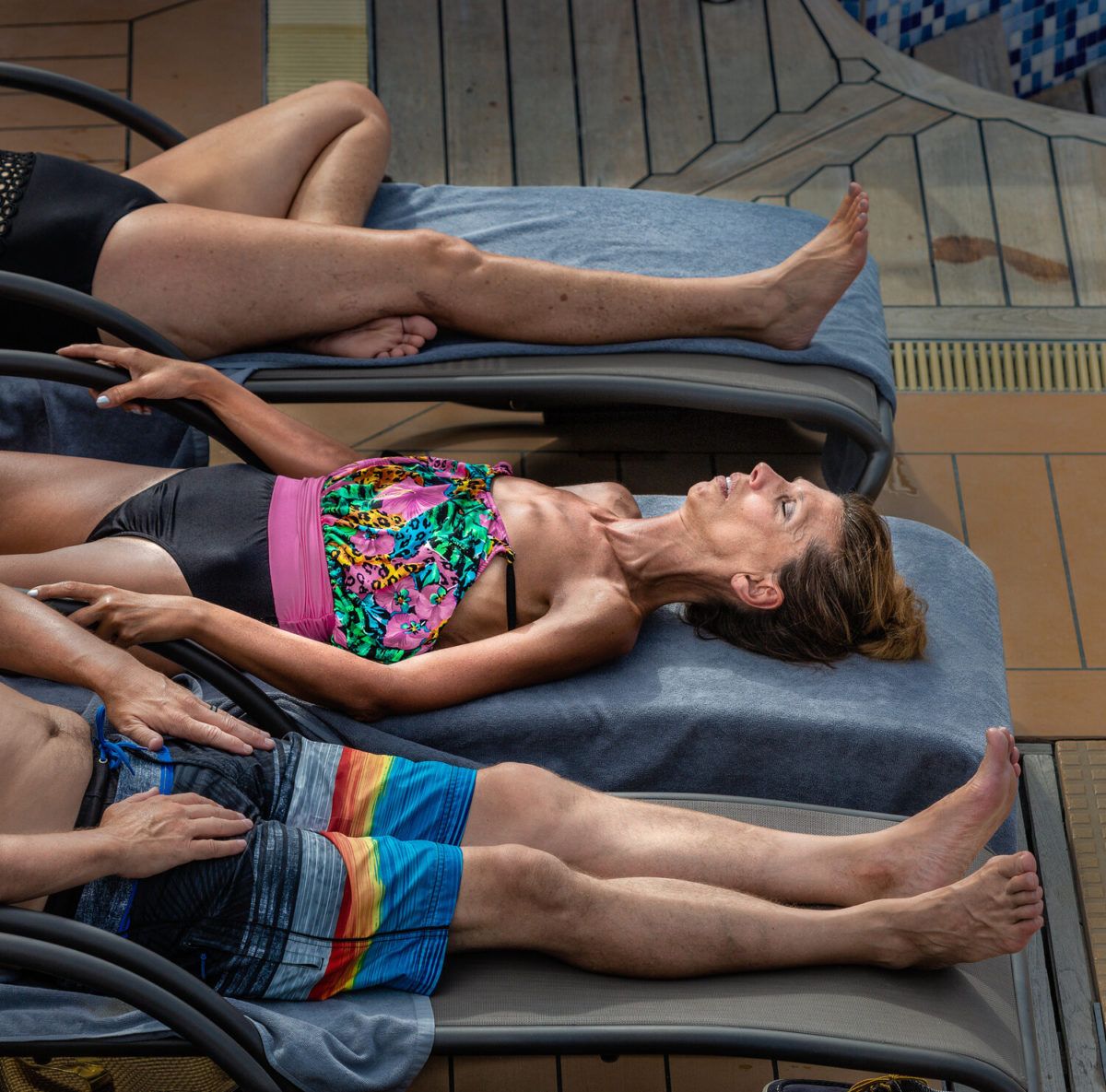
Sunbathing Woman, 2018 © Russell C. Banks
The work of Russell C. Banks’ project ‘Floating World’ is featured in issue #103, Documentary, 2020. Banks is a photographer who has been formed by the documentary tradition, and he believes the real world can provide material far more compelling and credible than anything he could create himself. In addition to his ‘Floating World’ project, he has concentrated on landscape photography over much of his practice, as well as a series of infant photographs which are included in a volume from a classic Time-Life series of photography books.
Banks’ foundation in photography goes back to starting out as an English major at University of Texas-Austin. He noticed that most of the photography classes were in the journalism department, so he quickly changed his major and earned a Bachelor of Journalism degree with a photojournalism concentration. His career began by doing news and PR photography at a university, which eventually led to a long career in marketing and PR for higher education, while continuing his personal photography on the side. Banks cites Edward Weston as a key influence in his work, and he took a class from the famous documentary photographer Garry Winogrand. “Though I was too young to make much sense of it then, over the years that experience has spoken to me in many ways.” Also, his dear friend and mentor Frank Armstrong “has showed for more than 40 years what it means to practice a discipline with integrity.”
When I asked Banks if there was a common thread across his work, he says, “I’ve always been drawn to situations where the veneer of elegance seems a bit thin and irony begins to show through, but (Floating World) is my first attempt at taking this interest into an ongoing project. It’s quite a departure from my life-long interest in landscapes, but that’s what makes it really exciting to me.” I like the sentiment in his project statement where Banks describes the work, “slightly hyper-real images that invite the viewer to ask, ‘Is this truth?’ I want to explore how photography, with its past firmly rooted in the assumption of veracity, might navigate today’s waters where it’s often difficult to distinguish reality from a simulation of reality.” In many of Banks’ images, that veneer, that layer of false elegance and luxury, is only skin deep.
Banks has a keen eye for the sculptural and physical sensibility of surfaces. His work reveals the visual play with the surface of an object and how it impacts the representation for what lies beneath. His use of scale can quickly play with the viewer’s sense of perspective. A closeup portrait of his infant son’s stomach, legs or arms looks like aerially viewed topography. The look of naturally shaped and formed stone feels like a curtain draped over the edge of a sofa. Landscapes shot with his large format camera have the ability to dazzle the eye with colors, shades, and details. The immense scale of a scene only becomes apparent if the viewer notices the fully grown trees clinging to a mountain ridge line.
Banks considers himself primarily a documentary photographer, and his approach toward his subjects and the people in his images is born from that. “I use photography to explore my feelings and my experience of reality, and to make a statement from that perspective—so the primary obligation is to discover my truth and tell it honestly,” he says. “I do feel a particular obligation to treat the people in my photographs with dignity. It would be easy (and lazy) to do a ‘hatchet job’ on cruise ship passengers just so viewers could have a few cheap laughs. But what would that really contribute? There are images I’ve decided not to use for that reason, and some that had to clear a higher hurdle before being included in the ‘Floating World’ portfolio. Woman Entering Pool, 2018 (shown below) is an example where I hesitated, but finally decided the image was really about our universal hesitation to move forward—to put ourselves out there—with the endearing hand gesture and just a toe in the water. I try to find the irony and humor (and a little pathos), in the situation—not in specific people.” Banks concludes, “I’ve found (the cruise ships) a compelling laboratory for exploring the nebulous border between our mundane, daily lives and a fantasy world like the cruise companies sell. On the ships, you can find irony, humor, denial—and perhaps a metaphor for the way we consume nature and live our lives in today’s post-truth culture.”
There are elements of nature, wildlife, landscape, man’s inclusion and/or interaction with nature in Banks’ work. I ask why he chose to depict these elements in the way he does, in his landscapes or otherwise. “It’s just a product of what I feel about our situation,” Banks replies. “I can’t help but be sad. I was up in the Colorado mountains this week, and saw once-green mountainsides turned gray by the mountain pine beetle—a native species that is now killing its under-the-bark habitat because winters are no longer cold enough to keep them in check. What am I leaving my grandchildren? Now every landscape photograph is a kind of farewell.”
Russell C. Banks now calls Colorado his home base, after living in the Portland, Oregon area for nearly thirty years. To see more of his work, visit his website at www.russellcbanks.com and on Instagram: @russellcbanks
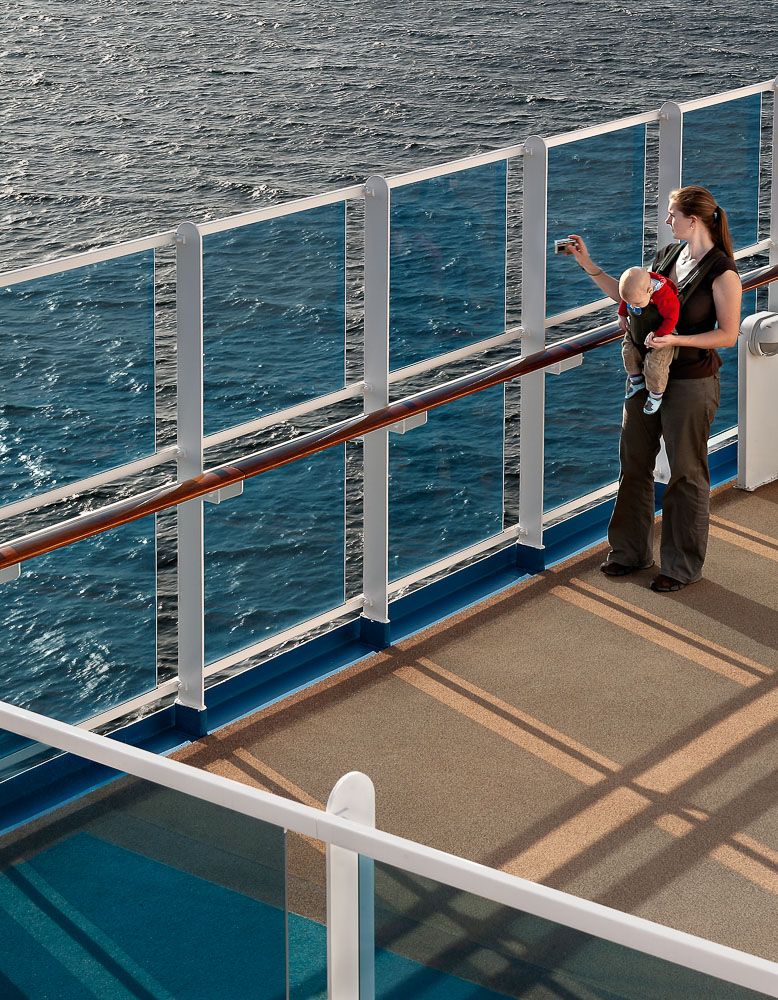
Woman and Baby, 2008 © Russell C. Banks
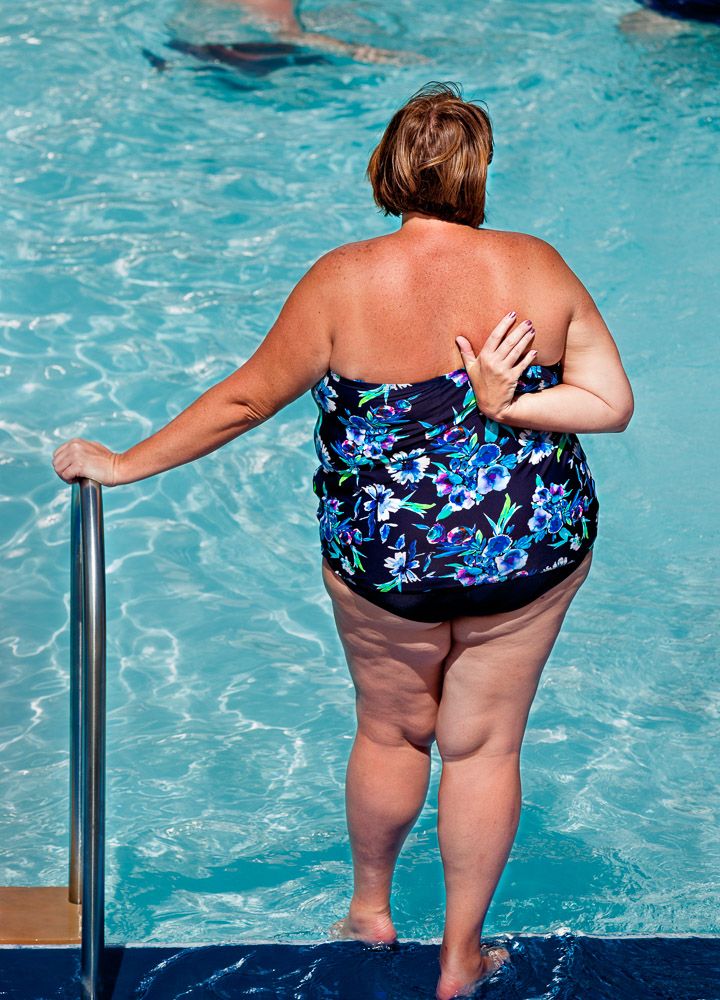
Woman Entering Pool, 2018 © Russell C. Banks
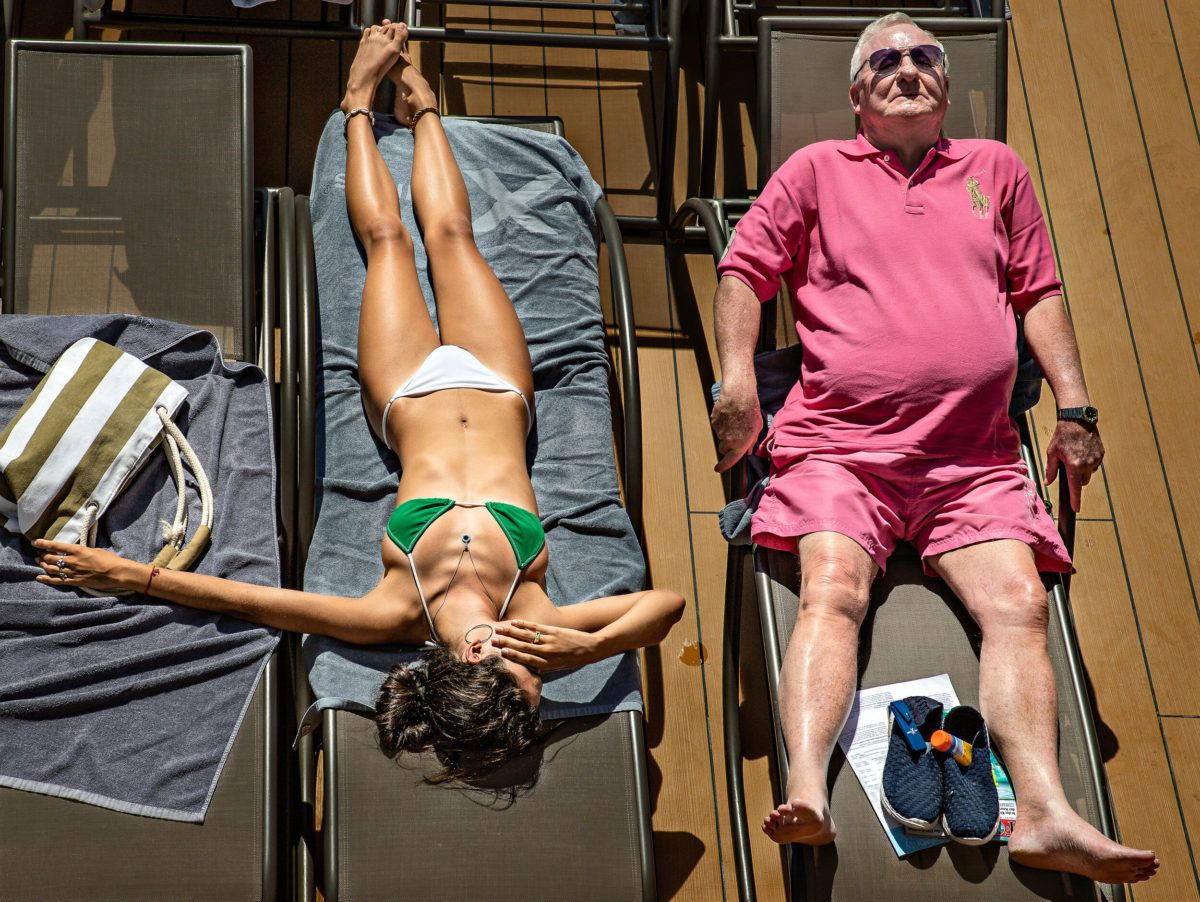
Polo Shirt, 2019 © Russell C. Banks
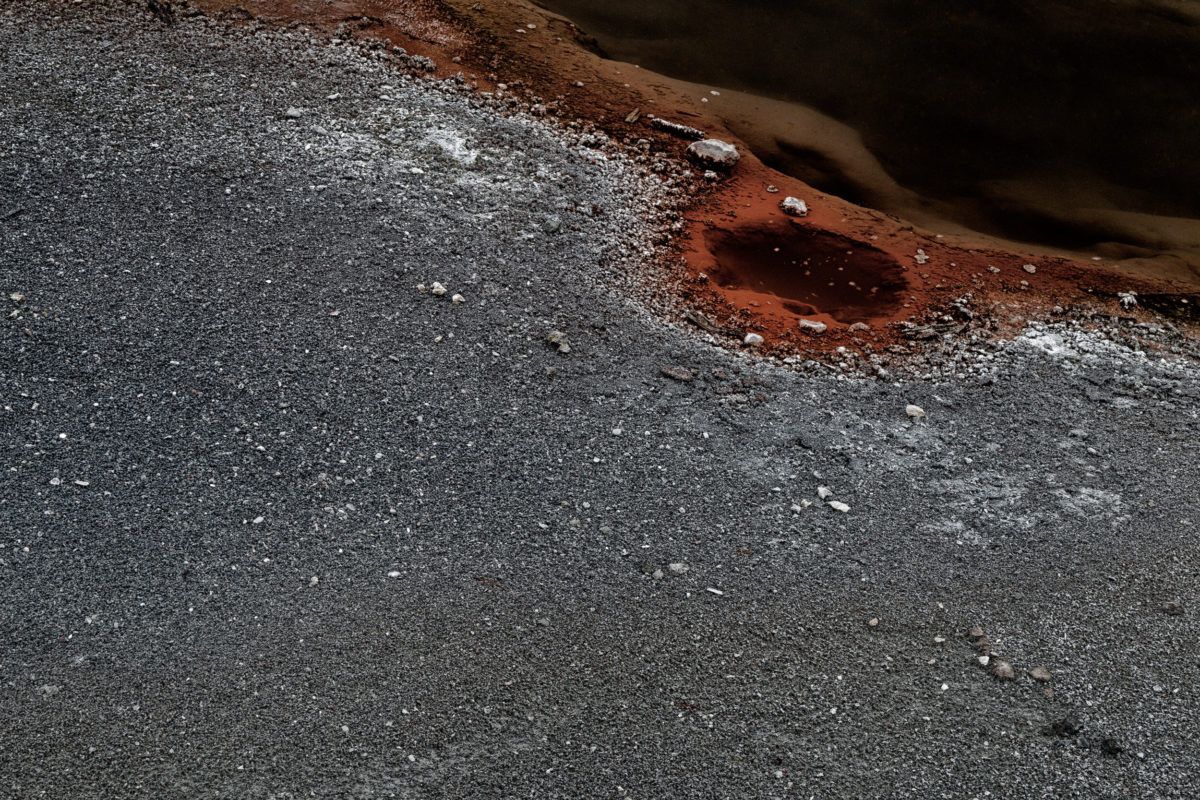
Yellowstone, 2016 © Russell C. Banks
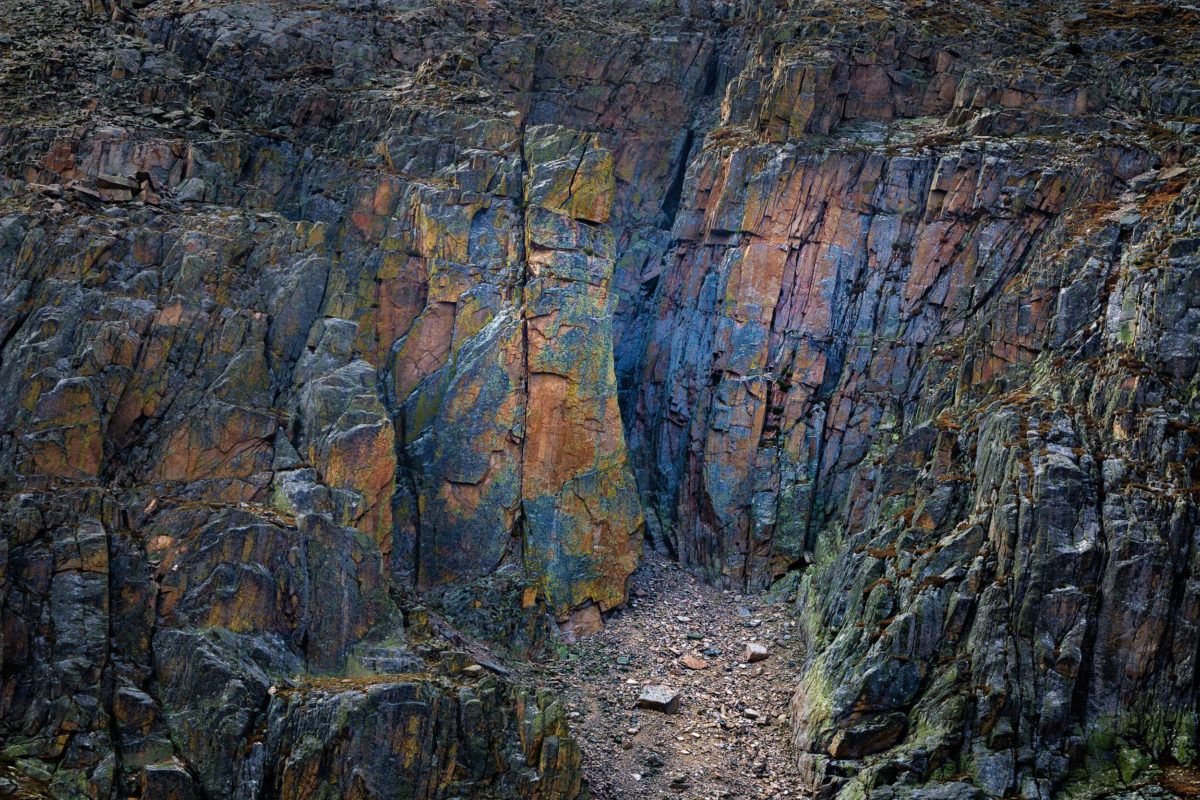
Rocky Mountain National Park, 2017 © Russell C. Banks
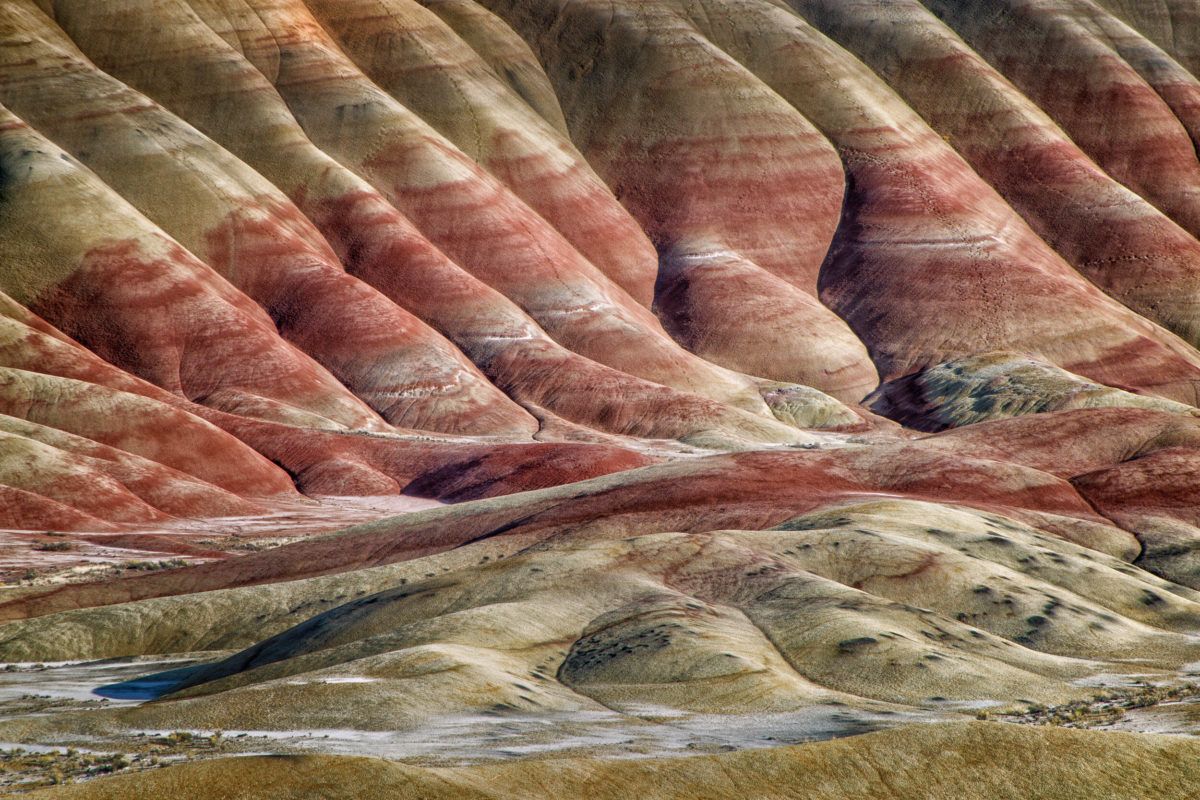
John Day Fossil Beds National Monument, 2016 © Russell C. Banks

From Infant Series © Russell C. Banks
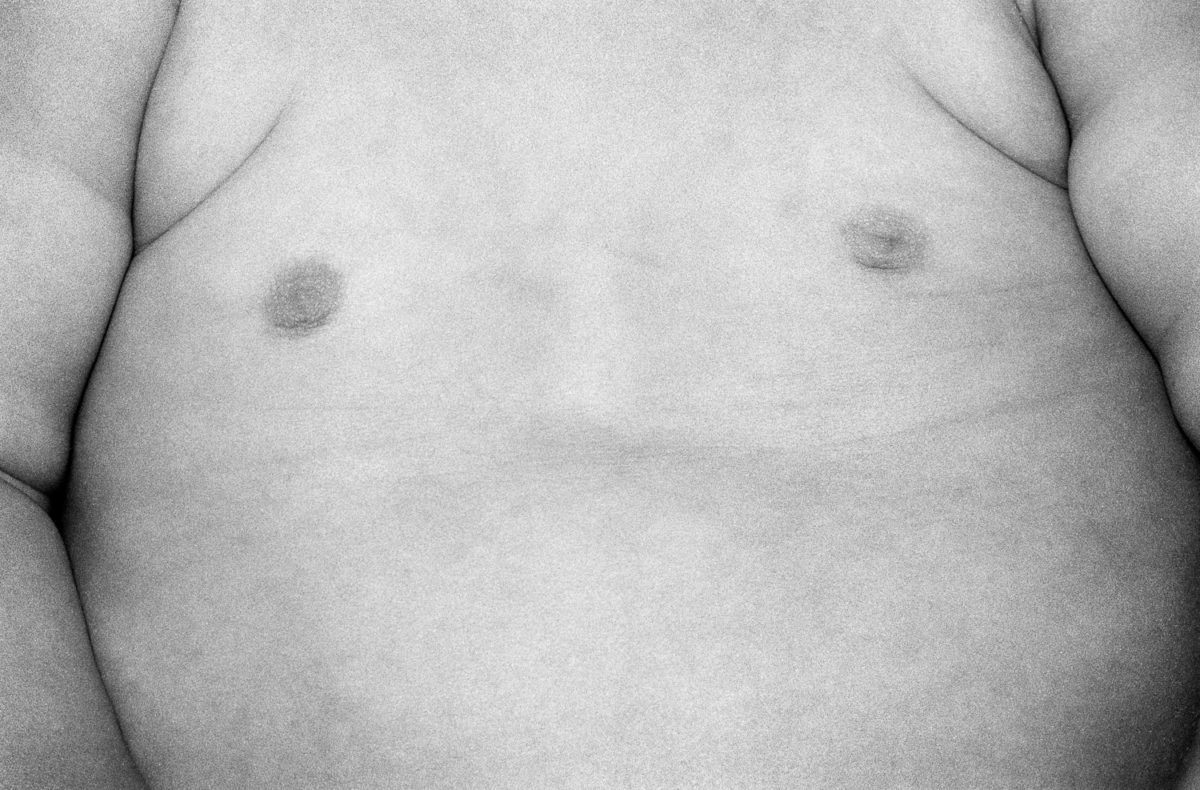
From Infant Series © Russell C. Banks
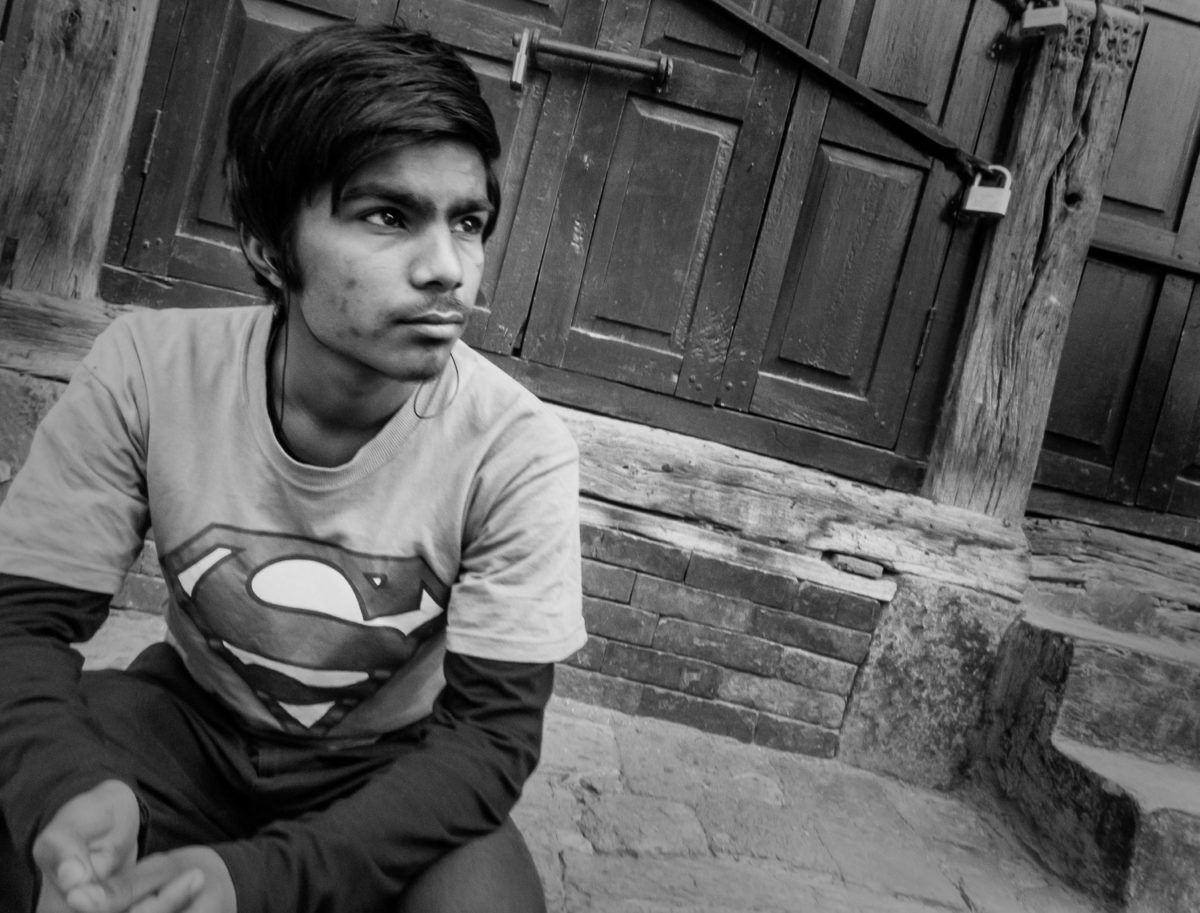
Kathmandu, Nepal 2011 © Russell C. Banks
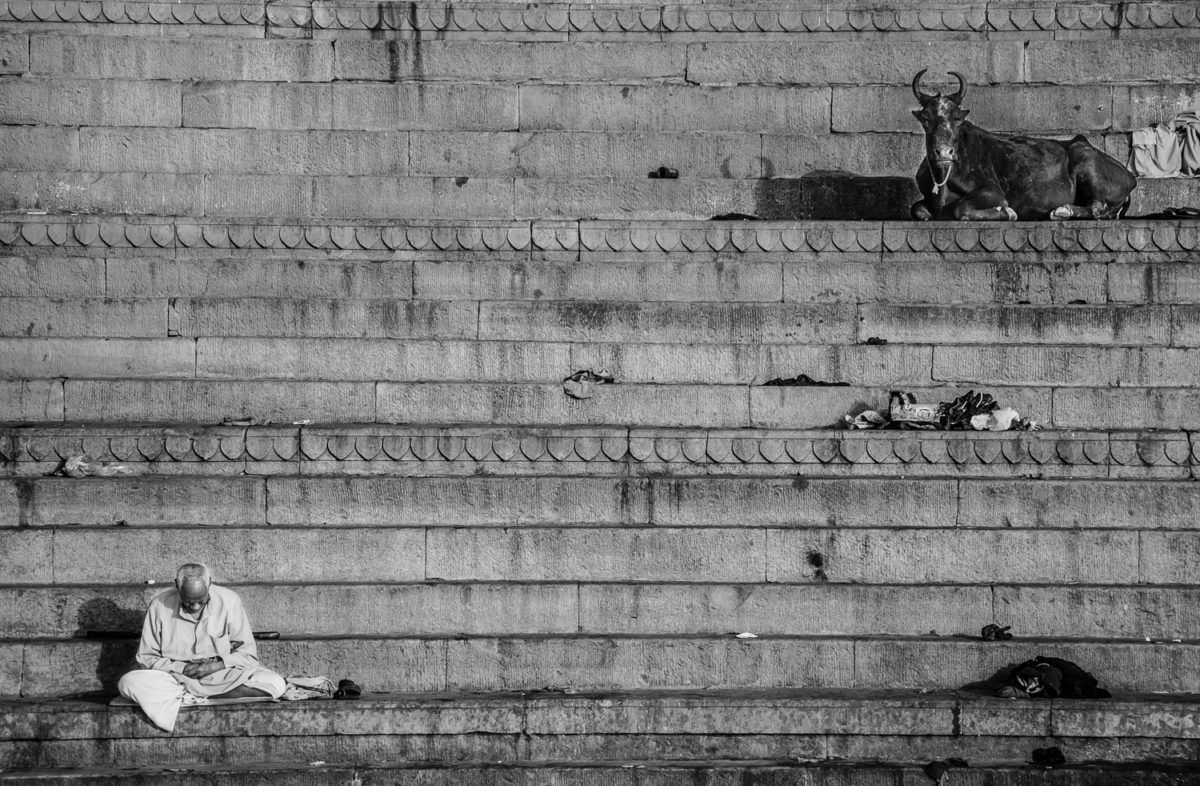
Varanasi, India, 2011 © Russell C. Banks
Location: Online Type: Featured Photographer, Interview
Events by Location
Post Categories
Tags
- Abstract
- Alternative process
- Architecture
- Artist Talk
- artistic residency
- Biennial
- Black and White
- Book Fair
- Car culture
- Charity
- Childhood
- Children
- Cities
- Collaboration
- Community
- Cyanotype
- Documentary
- Environment
- Event
- Exhibition
- Faith
- Family
- Fashion
- Festival
- Film Review
- Food
- Friendship
- FStop20th
- Gender
- Gun Culture
- Habitat
- Hom
- home
- journal
- Landscapes
- Lecture
- Love
- Masculinity
- Mental Health
- Migration
- Museums
- Music
- Nature
- Night
- nuclear
- p
- photographic residency
- Photomontage
- Plants
- Podcast
- Portraits
- Prairies
- Religion
- River
- Still Life
- Street Photography
- Tourism
- UFO
- Water
- Zine

Leave a Reply